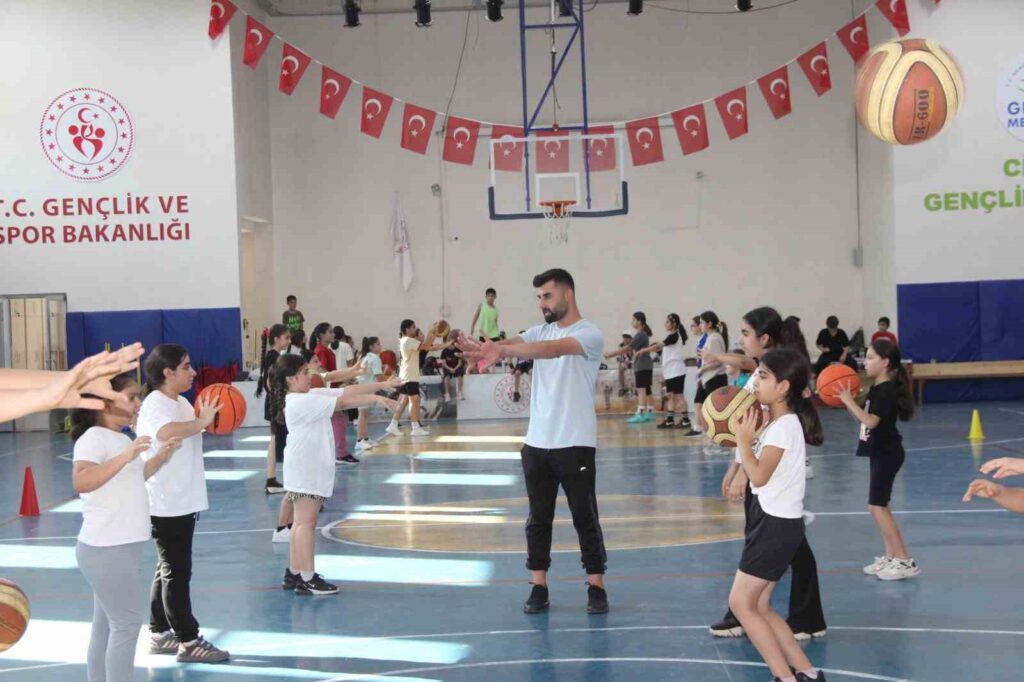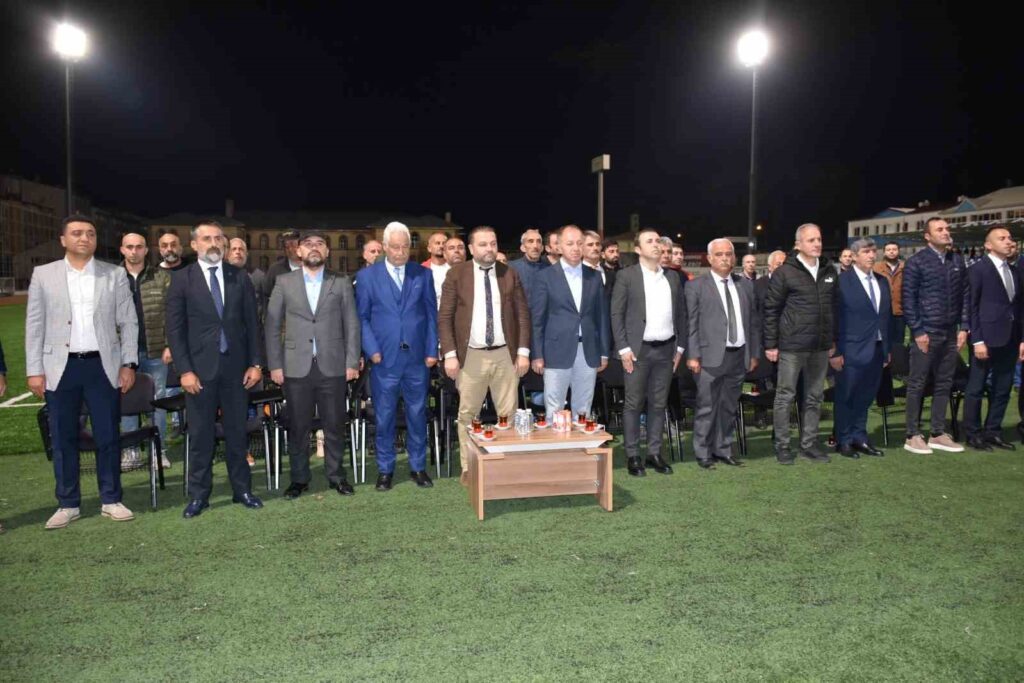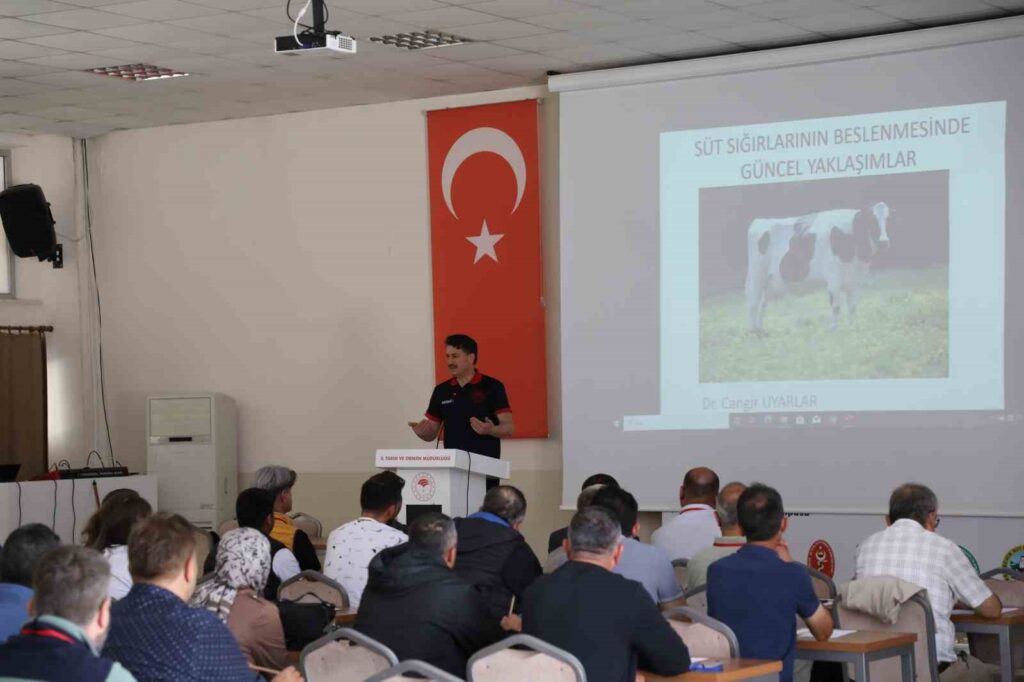Elementary school 2nd grade students will learn English more fun and easier with virtual reality glasses
Yozgat Bozok University has developed the first VR-based artificial intelligence supported English education platform in Turkey. 2nd grade primary school students will be able to learn English in a more fun and easy way with virtual reality glasses. Yozgat Bozok …

The first VR-based artificial intelligence-supported English education platform in Turkey was developed by Yozgat Bozok University. Second-grade primary school students will be able to learn English more fun and easy with virtual reality glasses.
Yozgat Bozok University Faculty of Engineering Architecture Computer Engineering Department Assistant Professor Gökalp Çınarer supervised the development of the VR-Based Artificial Intelligence-Supported English Education Platform by Kerem Can Kurt and the project team from the Artificial Intelligence Club. In the project, software technologies, virtual reality platforms, and artificial intelligence libraries were utilized. In this study, visual, audio, and interactive applications were developed using Unity3D game engine and Oculus Quest 2 virtual reality glasses for the use of Ministry of National Education second-grade students in English lessons, aiming to integrate virtual reality technology into English teaching.
The project aims to make the language learning process more engaging and effective, motivating children and supporting students’ rapid learning process, designing applications with games and exams suitable for students’ English lesson curriculum. Thus, students are intended to improve their language skills while having fun and experiencing an interactive learning environment.
Assistant Professor Gökalp Çınarer of Yozgat Bozok University Faculty of Engineering Architecture Computer Engineering Department highlighted the innovative technology that integrates computer-generated 3D images and animations with virtual reality, emphasizing that this technology makes users feel like they are in a real environment and allows them to interact with objects in the environment.
Çınarer continued his speech with the following statements:
“Virtual reality applications, which have gained popularity in recent years, are successfully used in many different fields. In these applications, Unity3D game engine and Oculus Quest 2 are used as technological tools. This project makes the language learning process more engaging and effective, motivating children and supporting students’ rapid learning process. The application is designed with games and exams suitable for students’ English lesson curriculum. Thus, it is aimed for students to improve their language skills while having fun and experiencing an interactive learning environment.” The educational application provides students with a motivating and effective English learning environment.
Çınarer thanked Kerem Can Kurt and the project team from the Artificial Intelligence Club of the Computer Engineering Department for the developed VR-Based Artificial Intelligence-Supported English Education Platform.







